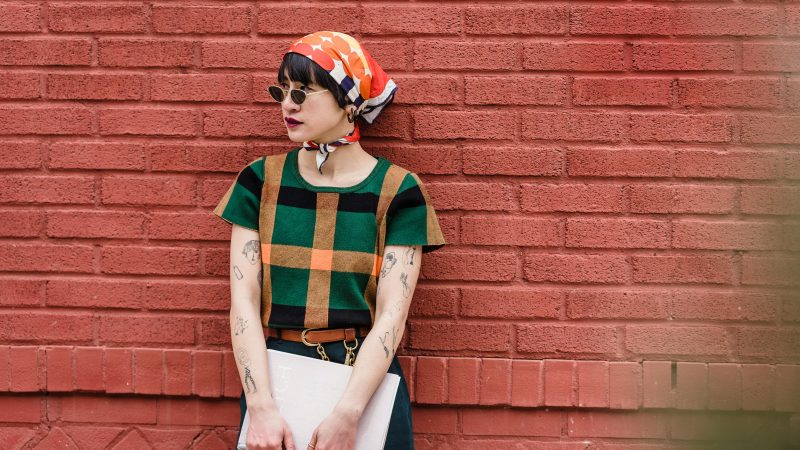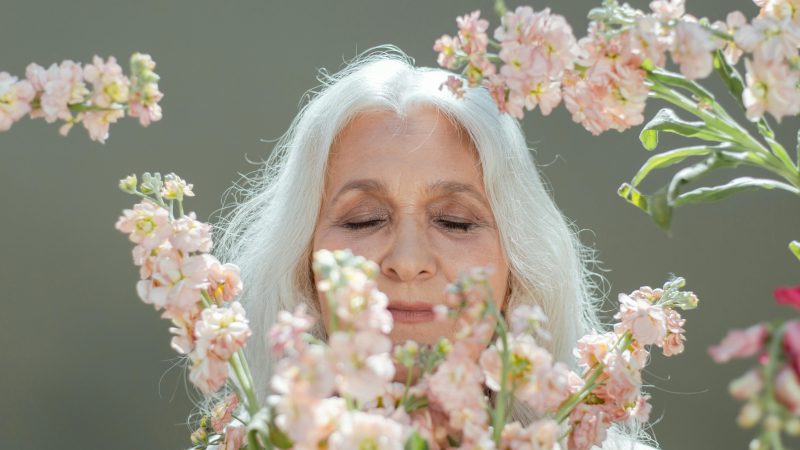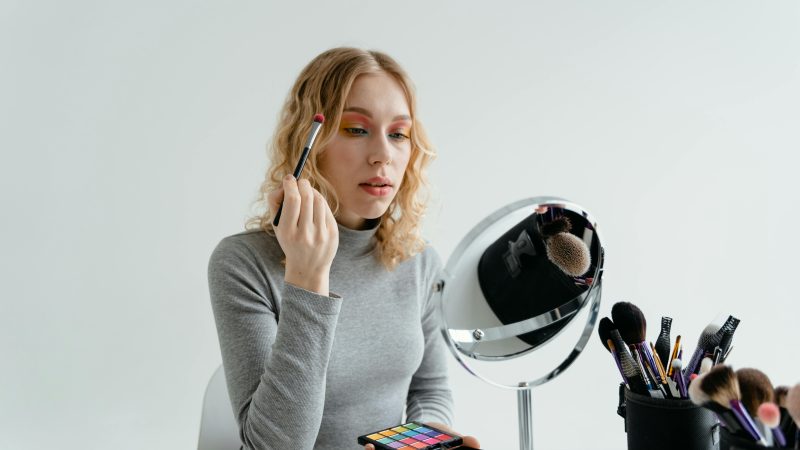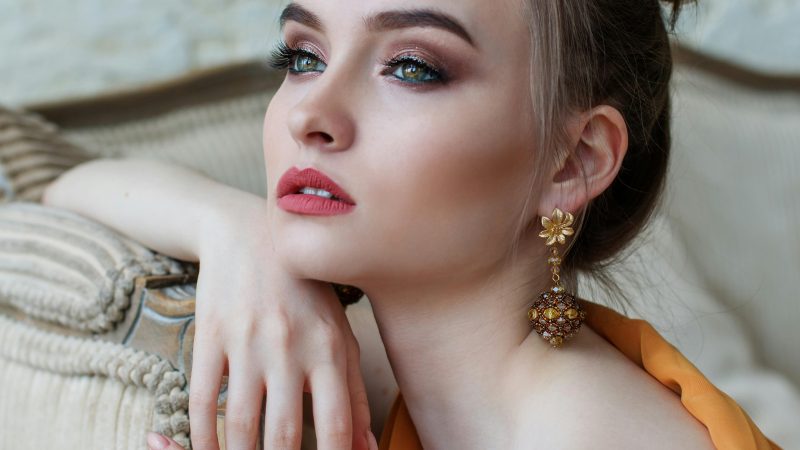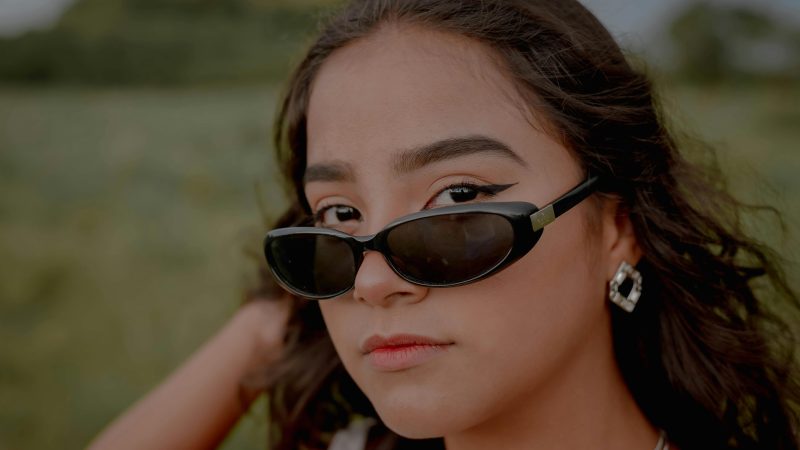Makeup Brands That Aren’t Worth The Money
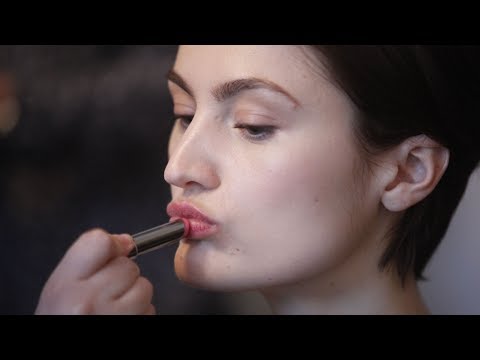
The beauty industry is booming, but some products just don’t live up to the hype. From a total lack of diversity, to ripped-off ideas, bad business practices, or just being way too expensive for what you get — here are all the makeup brands that aren’t worth your money. Everyone knows Christian Louboutin for the shoes, but when it comes to beauty products, the name may not be enough. “They’re probably the most extra beauty product I’ve ever seen.” “I dunno you could like knit with these or something.” An almost quarter-ounce pot of eyeshadow, for example, retails for around $50. If lipstick is more your jam, prepare to spend $90 per tube. And, apparently, it’s not even worth it. Makeup artist and YouTube personality Tati Westbrook tested out the entire Louboutin Beauty Spring 2017 collection, and her review on it wasn’t great. “I’m already going mmm, I dunno.” Although she admitted that the liquid eyeliner wasn’t terrible, she didn’t feel it justified the price tag. “It’s not bad. It’s not worth $75 dollars, but it’s not bad guys. I don’t hate this.” Likewise, she was a fan of the mascara, but says drugstore mascaras have worked just as well. In the end, she concluded, “I don’t think any of this is worth the price.” In 2018, Kylie Jenner’s eponymous beauty brand was valued at nearly $800 million, according to Forbes. Through her large social media following, Jenner has been able to attract hordes of fans to her label since its launch in 2015. “Every Snapchat video, every Instagram you’ve seen me in, it’s been this palette.” However, consumer investing consultant Li Jin, pointed out a potentially fatal flaw in her brand, tweeting: “To become an enduring, standalone business, it’s necessary for all influencer brands to go beyond being tied to a single person, and create a ‘purpose brand.'” The fame which propelled Kylie Cosmetics into success in the first place, could also be what causes her demise if her quote, “individual popularity inevitably wanes,” according to Jin. “It gets harder and harder I think um to just try to be different.” And that’s not even taking into account the scandals the brand has already faced. In 2017, TMZ reported that at least 15 people had filed complaints with the Better Business Bureau, citing a strong chemical smell from the Royal Peach Eyeshadow Palette, which led to quote, “horrible headaches.” On Indeed, several employees of Spatz Laboratories, where Kylie Cosmetics are produced, have even cited “sweat-shop”-like conditions. Laneige was one of the first beauty brands to adopt the Korean cushion foundation trend in the west, according to makeup artist and YouTuber Jackie Aina, who was excited to possibly find a version of the product in a deeper shade. “I was really excited to try these because this was one of the first brands of cushion foundations I was exposed to.” “I couldn’t try it cuz it didn’t come in my shade.” Unfortunately, by late 2016, the brand’s darkest offering of this $38 foundation was just Medium/Dark. “We all know that lack of diversity in cosmetic brands is still definitely an issue we’re faced with. Like you have to know that.” Chemist and lipstick designer, Florence Adepoju, told W magazine, “If you read the [cosmetic science] textbooks […] historically formulators and chemists didn’t factor in diverse skin tones.” “When I formulate, I kind of formulate for just pure pigment, so that it shows up on any woman of any skin tone.” Tough formulas also didn’t stop Rihanna. In 2017, her Fenty Beauty brand upped the ante by creating an impressive 40 shades for the line. With its incredible success, other brands took notice and finally began to market to a wider variety of skin tones. As of 2019, even Laneige now has a “cacao” tone, but still only produces their cushion foundation in a total of six shades. If you’re still looking for a beauty brand with tones for everyone, IT Cosmetics just ain’t it, according to Jackie Aina. “My issue with It Cosmetics is not the products. It’s whoever is formulating those shades. You need to have a long talk with them.” The ironic thing is: IT Cosmetics is owned by L’Oréal, which has its own Multicultural Beauty Lab with state-of-the-art technology and talented chemists. Aina highlighted the lack of diversity back in 2016, but the brand faced similar controversy when launching a new product, Bye Bye Foundation, two years later. Just three shades were available for darker skin. A representative for the company told Allure that due to the SPF in the formula, IT Cosmetics was quote, “not able to go darker than our deepest shade” due to the SPF in the foundations. But the company claims, “Expanding our shade range is a top priority and we are working on it!” To put it gently, Lime Crime has a cringe-worthy past. Much of the controversy surrounding the brand has stemmed from founder Doe Deere — but not all of it. Racked reported, “There’s been a Hitler costume; a security breach and subsequent multiple credit card hackings that resulted in the company settling a class-action lawsuit; accusations of cultural appropriation; and a brush with the Food and Drug Administration over misleading packaging, among other things.” Yikes. Deere took on a more behind-the-scenes role, and then eventually sold the company in 2018. Deere and her husband still serve on the board of directors. She posted on Instagram, “We are the guardians of the brand. […] We’ll provide key insight and guidance to the team to ensure we remain mindfully committed to our brand’s mission, and you — our loyal fans. I will also still happily contribute to product development and even pitch in social media sometimes.” “Don’t quit your daydream, because being you is the best business that you can possibly get in.” You might think that NARS would forever be a beloved makeup brand. “These bold, high impact colors are really fun to experiment with.” But, in 2017, the company opened up sales to the Chinese market, where it’s required by law to test on animals, according to the BBC. After backlash from fans, the brand posted to Instagram: “We want you to know that we hear you. The global elimination of animal testing needs to happen. We have decided to make NARS available in China because we feel it is important to bring our vision of beauty and artistry to fans in the region. NARS does not test on animals or ask others to do so on our behalf, except where required by law.” As evidenced by the response from fans, though, this wasn’t enough. Many expressed their desire for the company to stop selling in China and have boycotted the brand. Those against animal-testing would argue that NARS is no longer worth the money — or the true cost. L’Oréal also sells products in China, and is also required to test on animals. But, that’s not the only reason why some have deemed the drugstore staple not worth the money. According to Forbes, the FDA tested hundreds of lipsticks and discovered that they all contained lead. Of the ten most contaminated, five were made by L’Oréal. “Read my lips.” Stacy Malkan, a spokeswoman for The Campaign for Safe Cosmetics said via NewJersey.com, “The problem with lead is it’s extremely toxic at the lowest doses. Lipstick is a product that we put on our lips and ingest directly into our body, so it’s of higher concern than other products.” Janet Nudelman director of Program and Policy at Breast Cancer Prevention Partners suggested, via Reader’s Digest, “Consumers should avoid lipsticks that they know have tested high in lead contamination.” With that, L’Oreal’s slogan, “because you’re worth it” takes on a whole new meaning. Mary Kay has been a mainstay in the beauty industry since the ’60s. “What do you think those women would have done otherwise, without this, without you.” “They would be home, looking at Days of Our Lives.” However, the brand’s reviews on Consumer Affairs are worrying — to say the least. There are complaints about inconsistent formulas in products and even claims of skin irritation and burning. But many have turned away from the beauty brand not because of its products, but because of its business model. “The personal growth in Mary Kay is absolutely amazing.” Although Mary Kay is technically classified as a mid-level marketing company, journalist Virginia Sole-Smith wrote in Harper’s Magazine, “A business in which only a select few earn real money while everyone else pays to play sounds a lot like a pyramid scheme.” And, because the products are generally marketed to women, Sole-Smith has dubbed the brand a quote “pink pyramid scheme.” There’s even a whole website called Pink Truth which claims to be, quote, “dedicated to exposing Mary Kay Cosmetics” among other similar organizations that “target women.” If you’re going to spend $44 on an ounce of foundation, it’s not unreasonable to expect it to, y’know, work. “It’s about to glow down.” But some customers were really disappointed with BECCA Cosmetics’ Aqua Luminous Perfecting Foundation. Makeup reviewer and YouTuber Jessica Braun even highlighted the foundation’s inability to blend into her skin. BECCA has also faced criticism for one of their 2018 ad campaigns. One user tweeted of the brand’s Skin Love Weightless Blur foundation: “So did BECCA Cosmetics really refuse to hire black women for these swatches? They just edited a white hand darker?” Others also chimed into the conversation, with one person emphasizing the need to quote, “stop supporting problematic brands.” BECCA responded to the backlash the following day with a reshoot of the ad and a promise to quote, “remain committed to continually representing our inclusive BECCA Beauties,” but many wondered why the brand didn’t do that from the start. The customer is always right — right? Unfortunately, Clinique gets a solid 2-star rating from customers on Consumer Affairs. One verified user wrote, “I used the eyeshadow base one time and had a reaction that has lasted two weeks. […] Severe itching, redness all around my eyes and my eyes are bloodshot and tearing.” Other customers pointed to changed formulas and poor customer service as reasons they’ve switched to other brands. Tati also dubbed one of Clinique’s products, quote, “awful” and warned fans to “save [their] money.” She says the brand’s Pretty Easy Liquid Eyelining Pen, which retails for $21, just doesn’t stay put. “It just gets everywhere.” “I only had to wear it one time to realize that I was just not going to wear it again.” “Sp, It is a hard pass.” When Huda Kattan shared a sneak peek from her upcoming Huda Beauty line on Instagram, fans quickly noticed something was amiss. As Popsugar reported, the brand’s new line, Huda Easy Bake, looked awfully similar to Beauty Bakerie’s products. According to the publication, one fan commented, “Huda, I am a fan of your makeup, however this is so disrespectful to the [Beauty Bakerie] line. Use your platform to support smaller brands like them and give credit to who it’s due.” YouTuber and makeup guru Jeffree Star addressed the controversy on his channel, saying, “Huda has really never acknowledged it. She’s just keepin’ movin’ — making her money. I don’t like that.” Star tested one of the products from the line and was even more disappointed that it was actually pretty good. “That’s actually pretty sad because I would love to support this collection, but if you’re gonna steal from people and not acknowledge it? Can’t relate.” Wherever Kat Von D goes, controversy is sure to follow, it seems. And this is especially true when it comes to Kat Von D Beauty. When the tattoo artist first launched her makeup brand, she instantly found herself in hot water with lipstick names like Celebutard, according to The Independent. Then, in 2016, even more drama ensued when Jeffree Star got into a very public feud with the tattoo guru. “I have my subscribers, followers and customers, and so does she, so obviously people are gonna pick sides.” Then, in 2018, more Kat Von D Beauty fans jumped ship when the star revealed on Instagram that she would not be vaccinating her son. One person tweeted, “I donated what I would have spent on my next Kat Von D Beauty eyeliner to Gavin to provide access to vaccines in lower-income countries.” Before long, the hashtag #boycottKatVonD was officially trending. Kat later responded via her YouTube channel in 2019… “I am not an anti-vaxxer.” …But by then it was probably too late. When Bella Thorne launched her makeup brand, Filthy Fangs, in 2018, not everyone was a fan. “I’m just gonna see what floats my boat, maybe put a little eyeliner, maybe put a little tinted something on my skin.” As Cosmo reported, fans were quick to point out similarities between Thorne’s eyeshadow palette and the Juvia’s Place palette. In addition to the claims of copycatting, some fans couldn’t even imagine spending $60 on a simple palette, with one user tweeting, “I feel like Bella Thorne’s new palette looks like that Halloween makeup you buy at the drug store.” A spokesperson for Juvia’s Place revealed to Page Six, “We are disappointed Bella Thorne’s makeup would try to steal from an independent black-owned brand that has no financial backing. This isn’t the first time we have heard and seen mainstream media personalities steal from smaller brands. It’s unacceptable and disgraceful.” Check out one of our newest videos right here! Plus, even more List videos about your favorite celebs are coming soon. Subscribe to our YouTube channel and hit the bell so you don’t miss a single one.

